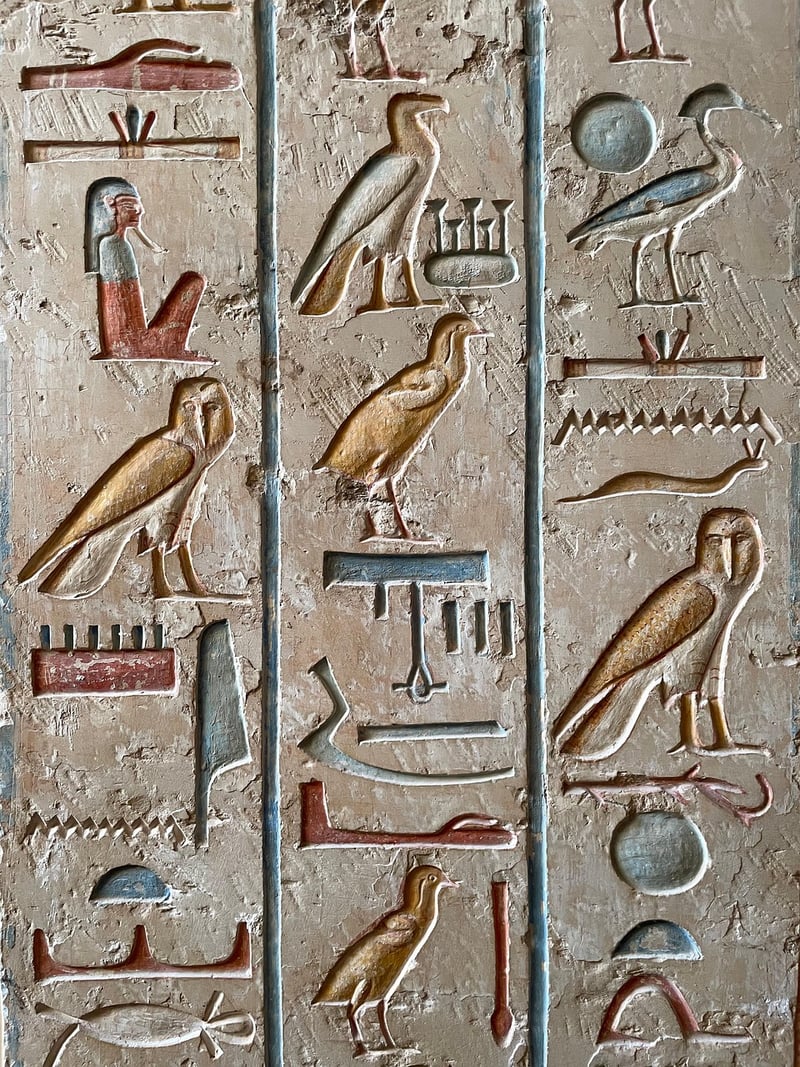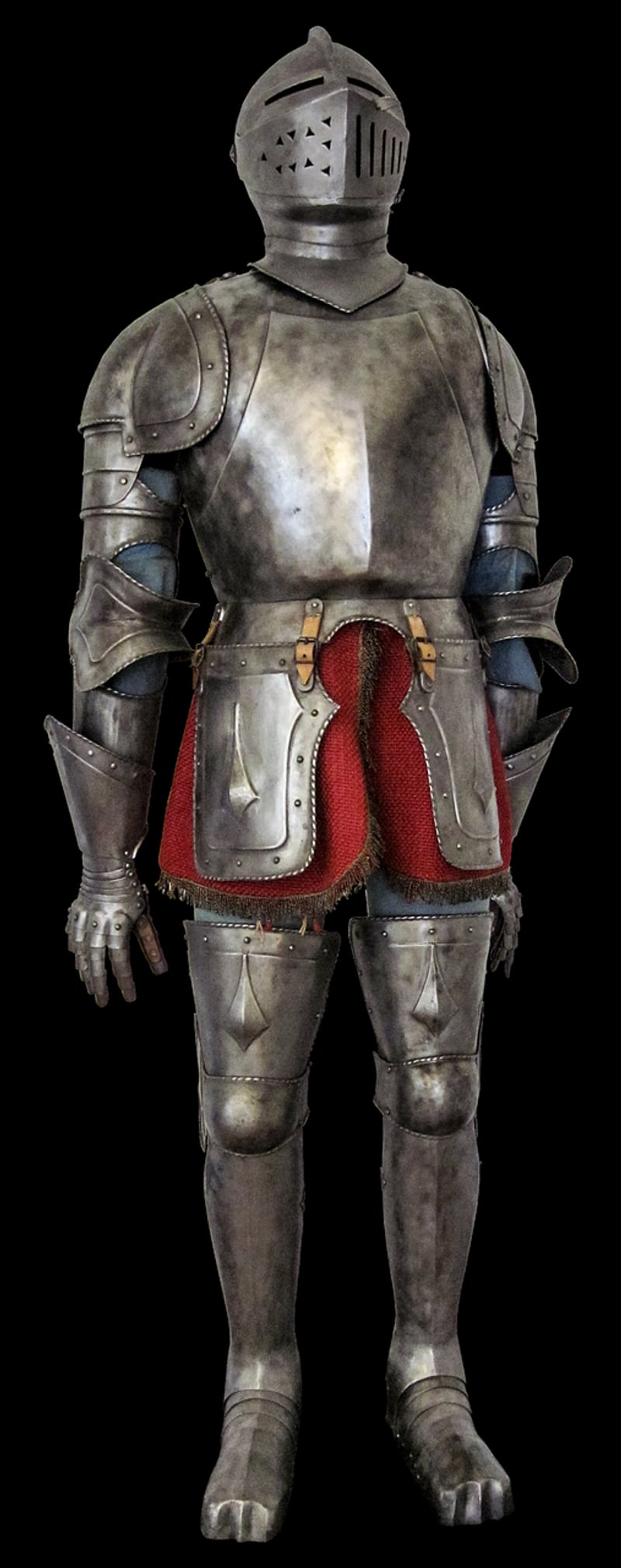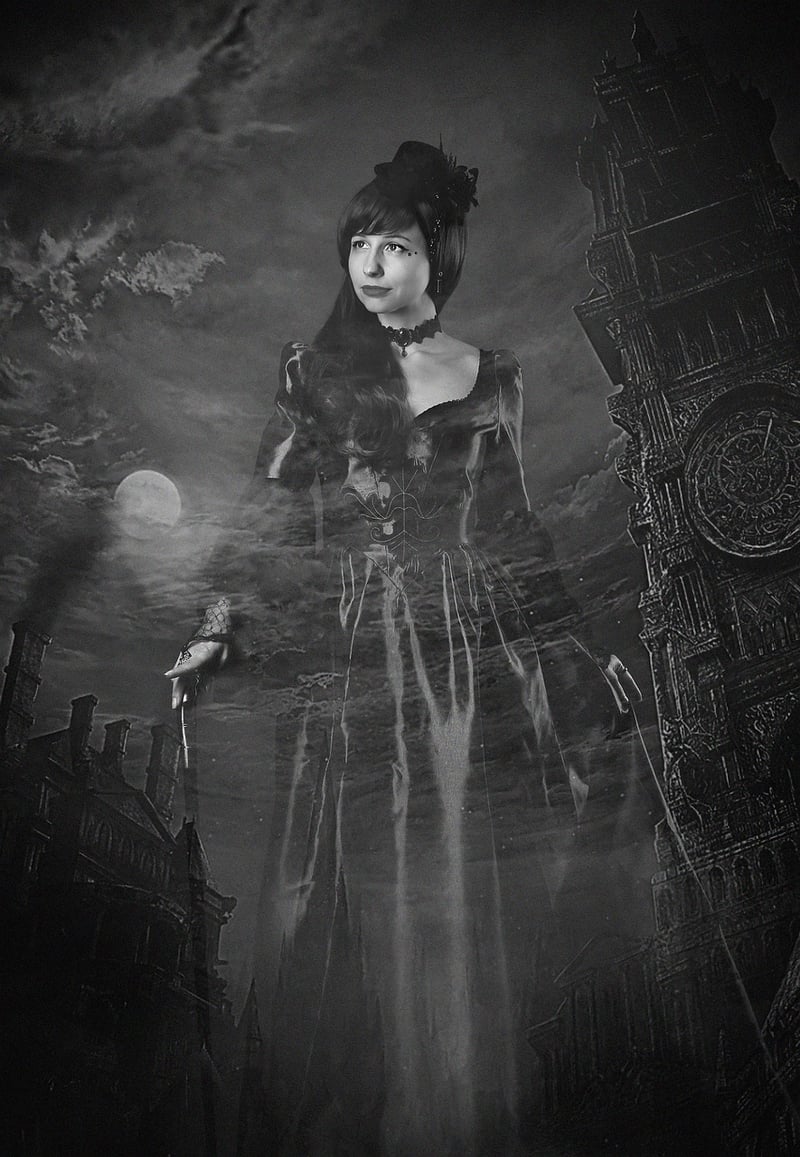Historical Etiquette
Handy Time-Travel Advice and Historical Etiquette
Introduction
Welcome, time traveler! Whether you find yourself journeying to the past or the future, it's essential to be prepared for the cultural norms and etiquette of the time period you are visiting. This guide will provide you with handy advice to navigate different eras effectively and ensure you make a positive impression wherever your travels take you.
Ancient Civilizations
When visiting ancient civilizations such as Egypt or Rome, remember to show respect for local customs and traditions. Dress modestly, greet people with courtesy, and be mindful of social hierarchies. Offerings to gods or rulers may be common practices, so familiarize yourself with these customs before your journey.

Medieval Times
In medieval Europe, chivalry and courtly manners were highly valued. Address nobility with proper titles, observe dining etiquette, and be courteous to all you meet. Knights and ladies followed strict codes of conduct, so be prepared to show respect and humility in their presence.

Victorian Era
The Victorian era was known for its elaborate social rituals and strict etiquette rules. Pay attention to dress codes, use formal language, and mind your manners in social settings. Understanding the nuances of Victorian etiquette will help you navigate high society with grace.

Future Travel
When traveling to the future, adaptability is key. Embrace technological advancements, be open to new social norms, and respect the diversity of future societies. Remember that your actions may have unforeseen consequences, so tread carefully in unfamiliar territory.

Conclusion
Time travel offers a unique opportunity to experience different eras firsthand, but it also comes with the responsibility of respecting the cultures and etiquettes of the past and future. By following these handy tips, you can navigate time periods with confidence and make the most of your extraordinary adventures.
Safe travels, time explorer!
